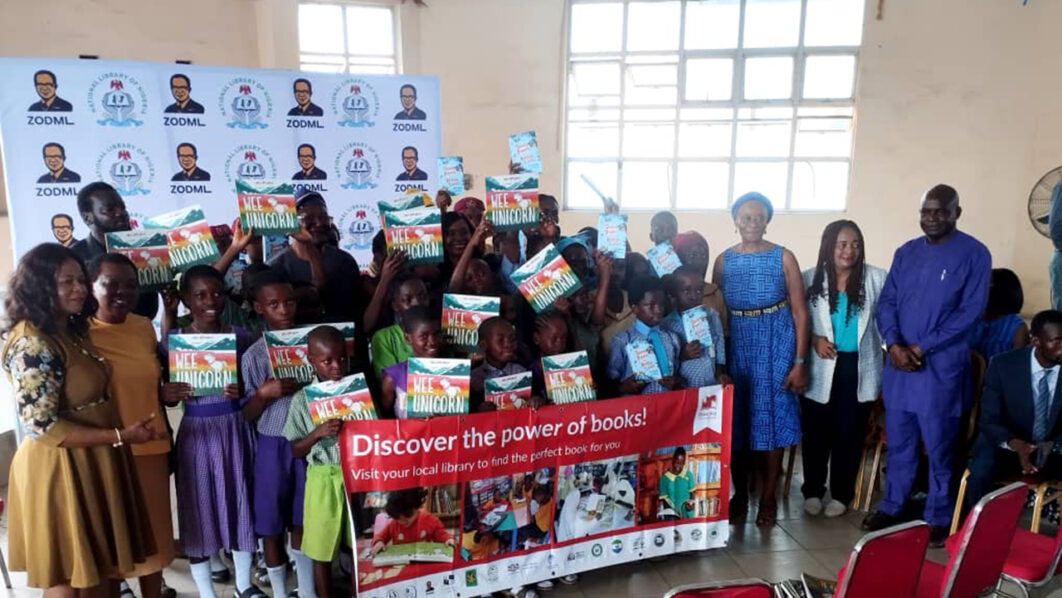
As part of efforts to close the literacy gap, the Chief Executive Officer of National Library of Nigeria (NLN), Prof Veronica Anunobi, has emphasised the need to enforce teaching children in their various indigenous languages.
Anunobi noted that the ability of children to speak, read, and write effectively in local languages would enhance their knowledge, not only about careers but about culture and identity. She stated this at an event to commemorate this year’s International Literacy Day, held at the National Library Annex in Lagos.
The event, themed: “Promoting multilingual education,” was organised by the Zaccheus Onumba Dibiaezue Memorial Libraries (ZODML) and Book Aid International, Lagos.
Some primary and secondary school students from Adekunle Anglican Primary School and Wesley Girl’s Junior Secondary School, were in attendance. While putting Nigeria’s literacy level at 62 per cent, Anunobi stated that it is a tool for creating a more just, peaceful, and sustainable society.
Explaining that the UN’s Sustainable Development Goals (SDGs) are tied to literacy, the national librarian urged policymakers to take actions that will promote literacy, such as establishing libraries for lifelong learning and development in remote and urban communities. She also urged children to take indigenous languages very seriously, saying it is only by knowing one’s language that one can become curious about other languages.
The convener and co-founder, ZODML, Mrs. Ifeoma Esiri, also stressed the importance of children’s ability to speak, read, and write in their indigenous languages effectively.
Esiri noted that this is one way, aside from sharing knowledge, to preserve the culture and identity of society. She urged government at all levels to implement policies that encourage this practice.
“it is a pity that many of our children cannot speak their native language fluently; some can’t even speak it at all, which is not good. Language is a vital aspect of culture, and when people lose their language, what is left of their culture?
“When our children cannot speak our tongues, how would they be able to speak in proverbs? Speaking in proverbs is a clever method that our elders used to communicate and pass on important messages, especially in the past. So, government must have a policy in place to change this narrative,” Esiri stated. She also tasked parents to communicate with their wards in their language, saying the move will not stop the children from being proficient in any other language.
Addressing the students at the event, Newton Jibunoh, who crossed the Sahara Desert four times, encouraged them to be focused and hardworking, noting that literacy is more than just being educated.



